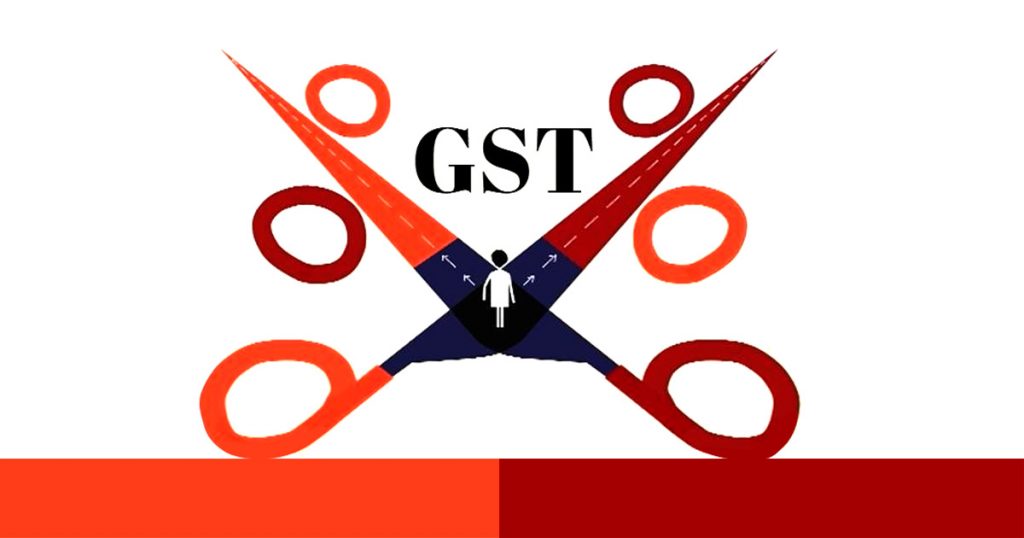
Now, the change in the price of Goods and Services according to the business cycle is not an issue any more. The government has liberated the companies from the applicability of anti-profiteering provision in the Goods and Services Tax (GST) law, provided they have turned over the benefits of GST rate abbreviations to consumers.
An official who is well-acquainted with the processes of National Anti-profiteering Authority (NAA) and operations of its investigation team clarified that many factors such as vagueness in GST law, addition in the tenure of the profiteering watchdog and upsurge in the penalty or fines leviable on violation of law, has taken away the freedom to fix or change prices on different goods and services from the businesses.
“Whenever there is a reduction in the GST rate, businesses have to pass on the benefit to consumers immediately. Thereafter, companies are free to follow their cycle of price adjustments as they deem fit in line with market forces. There is no lock-in period for maintaining reduced prices,” said the official.
The official further added that if a company has hiked the products’ prices in a specific month in the past and it has a valid reason for increasing the price just after dwindling prices w.r.t tax rate cut, it is in a position to contend the complaints made against it.
According to the analysts, the paucity of ground rules regarding the implementation of anti-profiteering provisions in the CGST Act, have bewildered companies about the period for which they should maintain a price after curtailing the price to transfer the benefits of tax reduction to consumers.
This has spawned out a stressful scenario for those companies who have been castigated of profiteering for certain time-frame in the past. The law is not ascertaining the time period up to which the companies are expected to maintain the price after the reduction in the tax rate.
Under the GST regime, if the businesses and merchants do not pass on the benefits of a tax rate cut or availability of input tax credits to consumers then it is subject to profiteering.
This autonomy of altering or increasing the price according to the business cycle is a sign of big relief to companies, particularly the large fast-moving consumer goods (FMCG) manufacturers who have undergone ‘profiteering’ charges under GST regime.
Defending the price increase may not be a very simple task for the companies, according to experts, as the price graphs of the past may showcase the movement in both directions and may not be able to justify the price elevation at the time of profiteering investigation.
Another government official, who also threw light on anonymity, said that the anti-profiteering provision may be controlled by an appointed government agency or official in a facile manner after the termination of NAA’s tenure because the taxation system would be stabilised by that time. The term of NAA has been elongated by the GST Council by two years in June, which provides its sustainability till the end of 2021. Additionally, the GST Council had permitted NAA to levy a penalty of 10% of the profiteered amount on those companies which do not transfer the tax benefits to the consumers, in June.
Although the tenure of the NAA has been fixed, the perceptual character of the anti-profiteering provision in the CGST Act is another cause which has brought businesses in worrisome condition.